Eggs are often a core ingredient for everything from cookies and cakes to breads, pies, muffins and more when baking, making it seem almost impossible to bake your favourite baked goods without them.
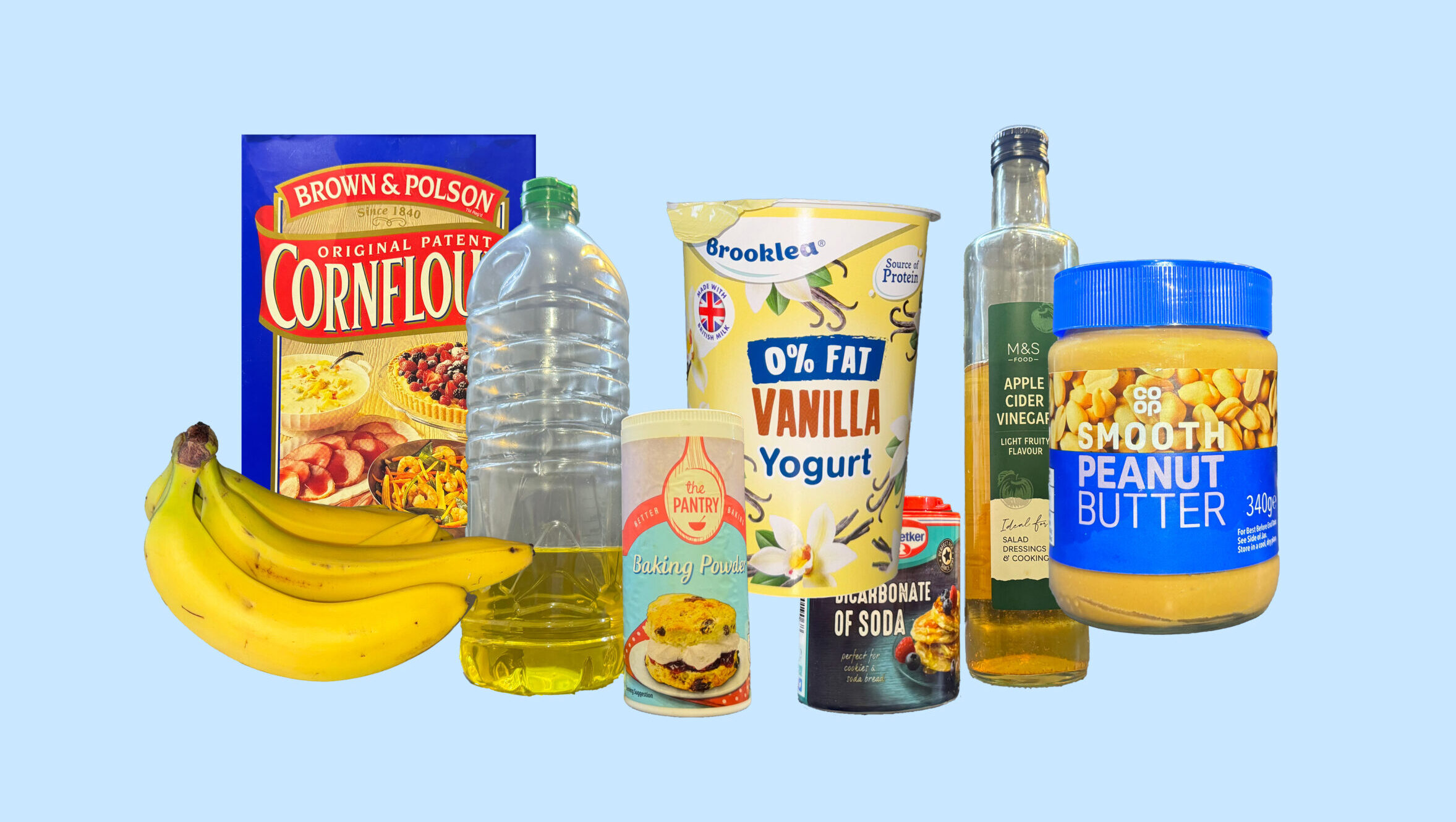
Whether you’re accommodating allergies, exploring vegan recipes, or simply don’t have them in the cupboard, there are plenty of vegan, gluten-free, and lactose-free substitutes to try.
Eggs play a key role in baking by providing proteins that help bind and set ingredients. To achieve the same light and fluffy results in egg-free baking, simply choose a substitute with similar proteins, and you’ll be on your way to delicious egg-free treats!
To make things easier, I’ve compiled a list of six substitutes you probably already have in the cupboard.
Different egg substitutes can achieve different results for your bakes when eggs aren’t an option. Of these six suggested substitutes, consider which is best for your recipe, and keep in mind that recipes requiring three or more eggs may not yield the intended results when using egg substitutes.
1. Nut butter
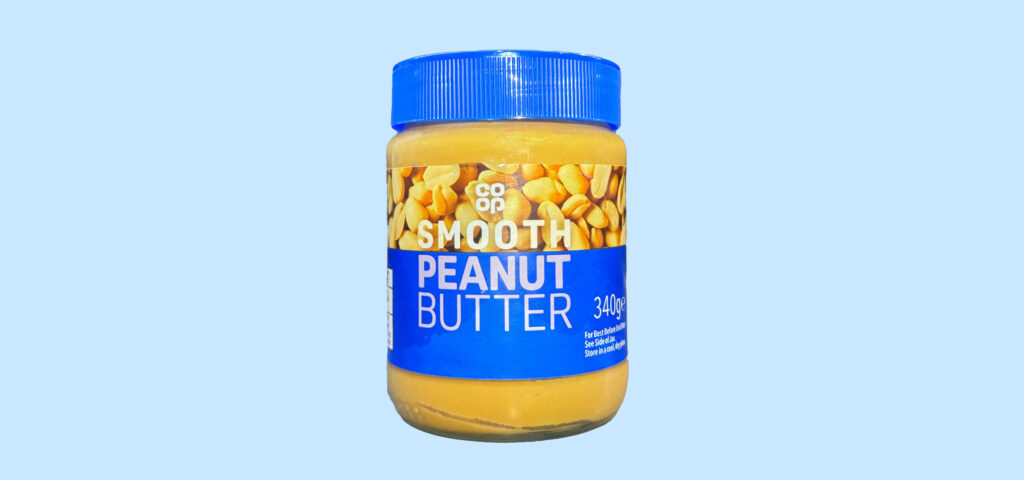
Nut butters like almond, peanut, or cashew provide fat, protein, and structure in your bake. This substitute works well in recipes where a mild, nutty flavour is welcome, like cookies or brownies. However, nut butters are not suitable for those with nut allergies and should be avoided in nut-free recipes.
- Vegan: Yes
- Gluten-free: Yes (if using certified gluten-free nut butter)
- Dairy-free: Yes
- Allergen warning: Contains nuts
How to use: swap in three tablespoons (about 60g) of smooth nut butter to replace one egg.
2. Baking powder and vegetable oil
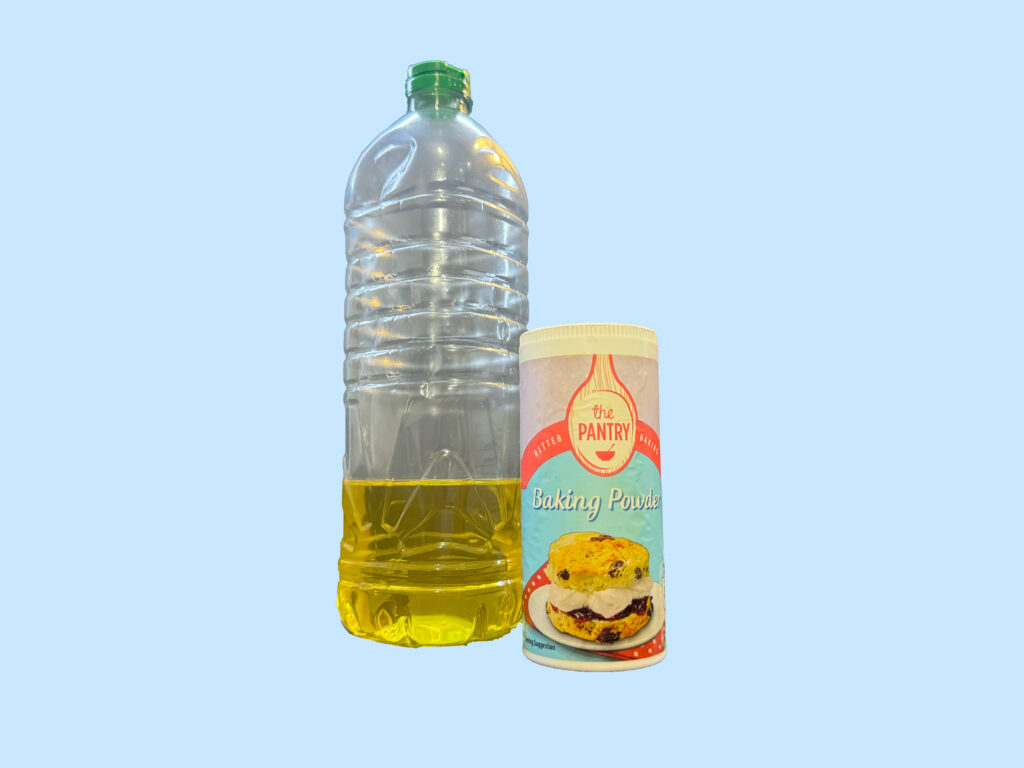
A combination of baking powder and vegetable oil provides lift and moisture. This option works best in light-textured recipes like cakes and muffins, offering a similar rise to eggs without impacting flavour as some other substitutes might. Ideal for those with multiple dietary needs.
- Vegan: Yes
- Gluten-free: Yes
- Dairy-free: Yes
- Nut-free: Yes
How to use: mix two tablespoons of vegetable oil, one tablespoon of baking powder, and two tablespoons of water for each egg.
3. Cornstarch
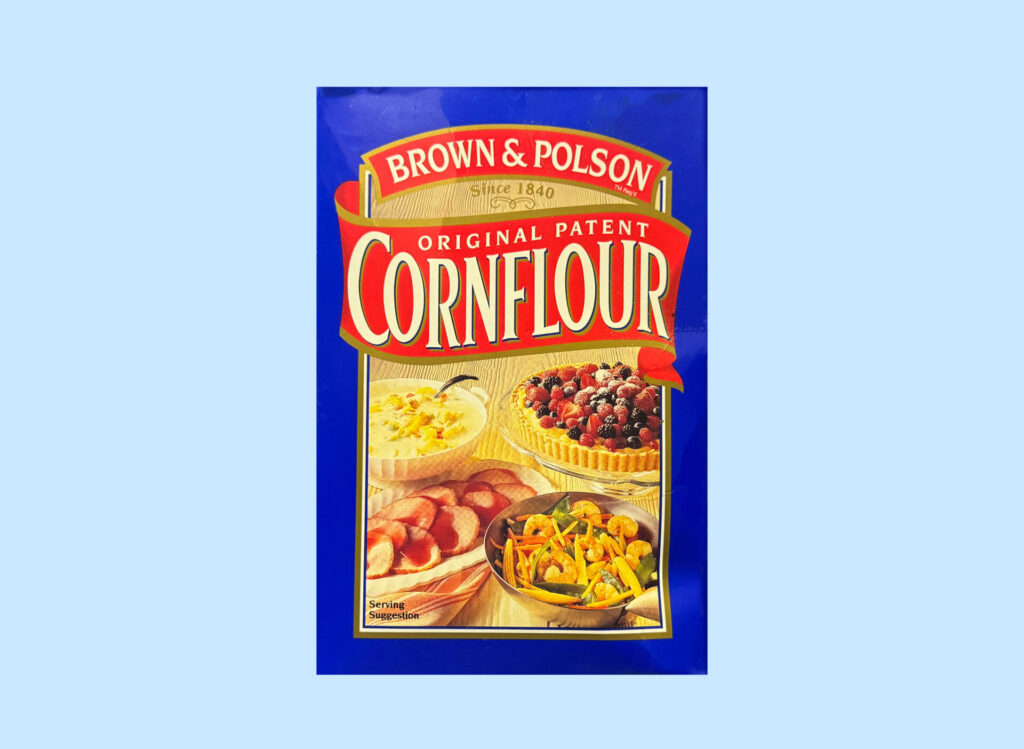
Cornstarch is a good binder and adds structure, making it ideal for light and fluffy baked goods. When mixed with water, it forms a gel-like consistency that’s excellent in cookies, cakes, and pancakes. It can also be used as a thickening agent in custards and puddings. Ensure the cornstarch is labelled gluten-free to avoid cross-contamination.
- Vegan: Yes
- Gluten-free: Yes (if certified)
- Dairy-free: Yes
- Nut-free: Yes
How to use: combine two tablespoons of cornstarch with three tablespoons of water per egg.
4. Mashed banana
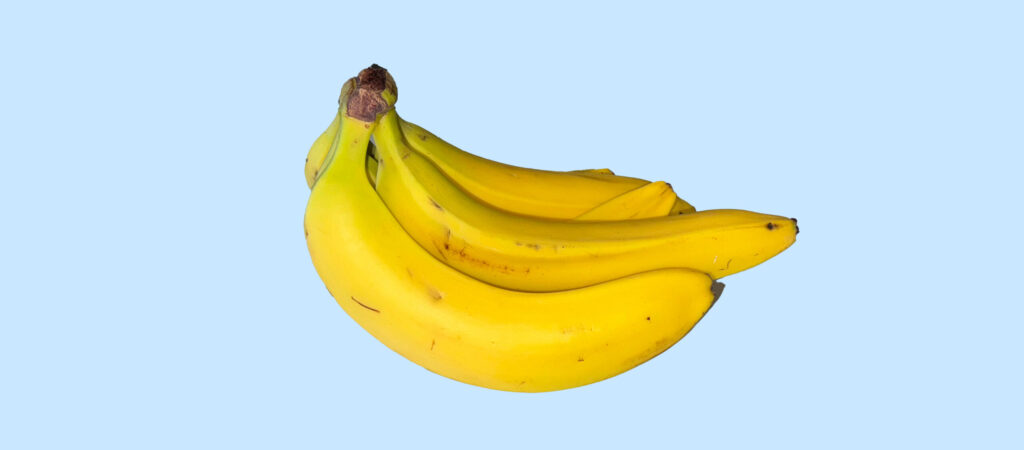
Mashed bananas add moisture and natural sweetness, making them a great choice for muffins and pancakes where a hint of banana flavour is welcome. They are best avoided for savoury dishes as the flavour can be prominent. Bananas are naturally allergen-friendly but should be avoided by those with specific fruit allergies.
- Nut-free: Yes
- Vegan: Yes
- Gluten-free: Yes
- Dairy-free: Yes
How to use: use half of a medium banana (about 225g or 1/4 cup mashed) per egg. Mash thoroughly for a smooth consistency.
5. Yoghurt
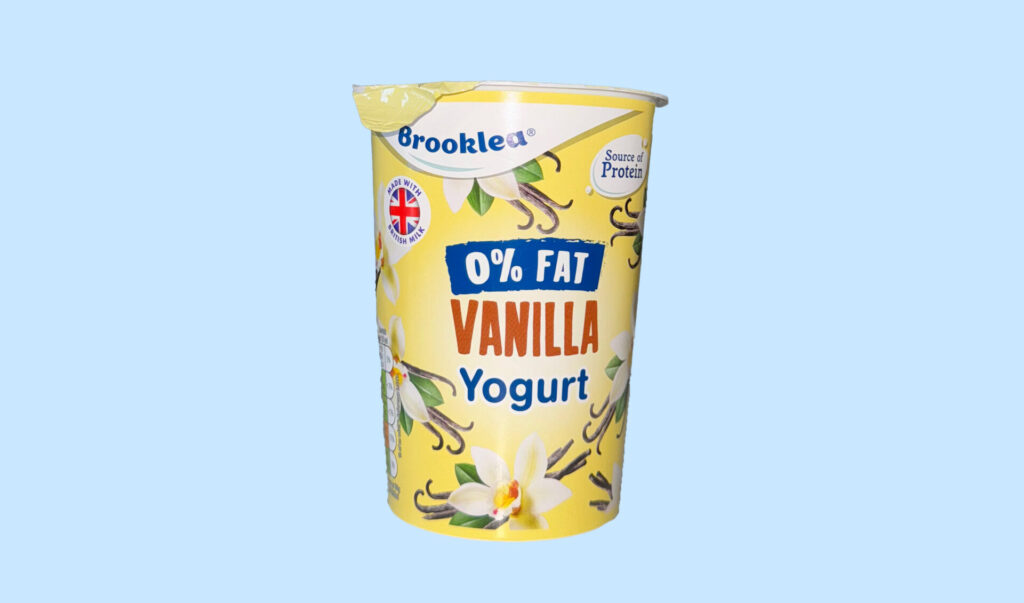
Yoghurt adds moisture and binding and is especially good for dense baked goods like brownies. It may need added baking powder or baking soda for recipes that require a light texture. For lactose intolerance, substitute dairy yoghurt with dairy-free alternatives like almond, coconut, or soy yoghurt.
- Nut-free: Yes, if using non-nut-based yoghurt
- Vegan: No (unless using plant-based yoghurt)
- Gluten-free: Yes
- Dairy-free: Yes (if using dairy-free yoghurt)
How to use: substitute each egg with 62g or 1/4 cup of plain yoghurt.
6. Baking soda and vinegar

The effervescent reaction between baking soda and vinegar produces carbon dioxide bubbles, helping to make light and fluffy bakes. This substitute is perfect for cakes and cupcakes, providing a gentle lift without affecting the flavour.
- Vegan: Yes
- Gluten-free: Yes
- Dairy-free: Yes
- Nut-free: Yes
How to use: combine one teaspoon of baking soda with one tablespoon of vinegar per egg.
With so many different egg substitutes to choose from, creating delicious egg-free bakes that meet any dietary needs has never been easier! Experiment with these options in different recipes to discover which works best for you – some substitutes are better suited to specific types of baked goods than others.
Tried one of these substitutes? Leave a reply to let me know, or tag me on Instagram and TikTok. I always love to see what you’ve been getting up to in your kitchen – happy baking!
Image credits: Charlotte Burley-Hnat
As someone who is allergic to egg, this is so useful! I also recommend using aquafaba if you have a can of chickpeas to hand 🙂
I’m so pleased to hear it was useful! Aquafaba is definitely a good alternative too!
these are so clever!! love it!
Thank you! 🙂
I never would have considered using bananas as an egg substitute! Very cool.
There are so many that I didn’t know about either until recently! But definitely useful to know